Myths about business loans
Updated: Dec 09, 2019 07:45:36am
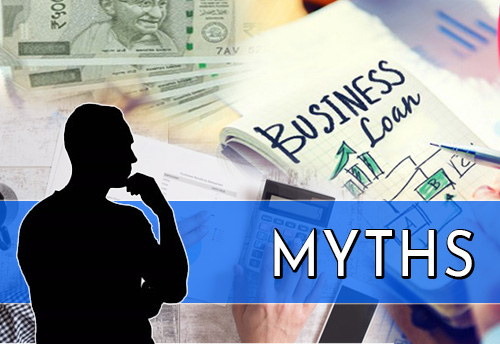
Myths about business loans
New Delhi, Dec 9 (KNN) The Micro, Small and Medium Enterprise (MSME) sector has emerged as a very important sector of the Indian economy, contributing 29% to the GDP, to employment generation, innovation, exports, and inclusive growth of the economy. They are rightly called the power engines of the economy.
The significance of MSMEs in the growth of the Indian economy is also reflected in the share of the total credit growth of the MSME industry. The MSME Pulse Report jointly published by TransUnion CIBIL and SIDBI in June 2019 shows that the MSME sector’s credit exposure now constitutes 24.9% of the overall exposure to businesses.
The MSME business’s growth strategy and expansion plans depend on the company’s access to credit. While the MSME sector is to play a key role to achieve the government’s vision of India becoming a 3 trillion economy, MSMEs are still learning how credit and loans can help them.
The CIBIL Rank, a part of the Company Credit Report (CCR), was launched by TransUnion CIBIL with an aim to simplify access to loans and funds. The CIBIL rank, summarizes your CCR in the form of one number. It ranges from 1 to 10, where 1 is the best possible rank.
However, there is a lack of awareness that exists across MSMEs in India about the easy access to loans. As a result of this, common misconceptions that exist around the loan process. Let us understand some common myths that keep MSMEs from applying for business loans:
Myth 1: Getting a business loan is time consuming
Most of the time MSMEs plan and submit the loan application well in advance before they need the capital in hand. But what if there is an urgent need for the capital, then due to the time crunch one cannot apply for a business loan right? Wrong
High turnaround time is the most common myth surrounding the loan application process. MSMEs fear that they will not get the required capital in time and thus consider other unsecured means of credit. Having a CIBIL Rank facilitates credit for MSMEs. It helps lenders take faster and better-informed decisions thus resulting in a notable reduction in turnaround time for loan approvals to MSMEs
Myth 2: Interest rates are fixed and can’t be negotiated
The interest rates offered by the banks depends upon the collaterals, company credit worthiness, past loan settlements etc. Interest rate offered to small and medium enterprises is higher as compared to the market rate because of the company size. They either look out for alternate sources or compromise by paying higher interest rates. They believe it is the only way out.
MSMEs do not realise that they do have a viable alternative. The CIBIL rank not only reduces turnaround time but also provides better interest rates. Lenders offer better rates of interest for the MSMEs with CIBIL rank between 4 and 1. This in turn translates to long term benefits and increased cash reserves due to reduced rates of interest.
Myth 3: You don’t need to check the financial health of your business until the time you need a loan
A company’s financial health is a key indicator of its financial preparedness for unexpected events. For instance, if a MSME is in sudden need for capital and they have poor financial health owing to bad credit history, the MSME will have to compromise and avail loans at much higher interest rates. This is mainly due to lack of monitoring of financial health.
The CCR gives MSMEs access to constantly evaluate themselves and monitor the financial health. As a result, MSMEs can always be loan ready, be prepared for unexpected events and a chance to explore new opportunities.
Myth 4: You need a CA to understand your credit worthiness
Chartered accountants can play a major role in credit monitoring of any loans. At the pre sanction stage, they can conduct due diligence on behalf of the bank and are major influencers to decide the repayment capability of the applicant. Often CAs also charge a hefty fee for their services.
Going to a CA might be a popular option, but it is not the only one. The Company Credit report [CCR] is a record of your company’s credit history. Once MSMEs have access and understand how to read the CCR the dependency on CAs reduces. Thus, MSMEs will be independent to understand their company’s financial health and will always be loan ready.
Myth 5: Once a loan is availed you don’t have to worry about credit worthiness
Credit worthiness is an important aspect of the loan application process. MSMEs do not precisely evaluate the worth of their collateral or future projections. Many a time’s loans are rejected, or the loan amount is downscaled. MSMEs have no access to such important information and this may result in further lapse of credit worthiness. The CCR can be used as a single document to showcase the company’s financial credibility right from application to repayment of the loan. The CCR also provides the MSMEs the possible reasons for loan rejection and areas of improvement.
The CCR and the CIBIL rank gives lenders a clear idea of the past payment behaviour of a company and thus acts as a strong indication of its future behaviour. It is important for the MSMEs to understand their financial standing and be loan ready. A high CIBIL rank ensures that the process of availing business loans is simple and acts as a key indicator for easy access to credit throughout the loan cycle. Having knowledge about your CIBIL Rank will prepare you to always be loan ready. To know your CIBIL Rank you can follow this link https://bit.ly/34Ij8sk


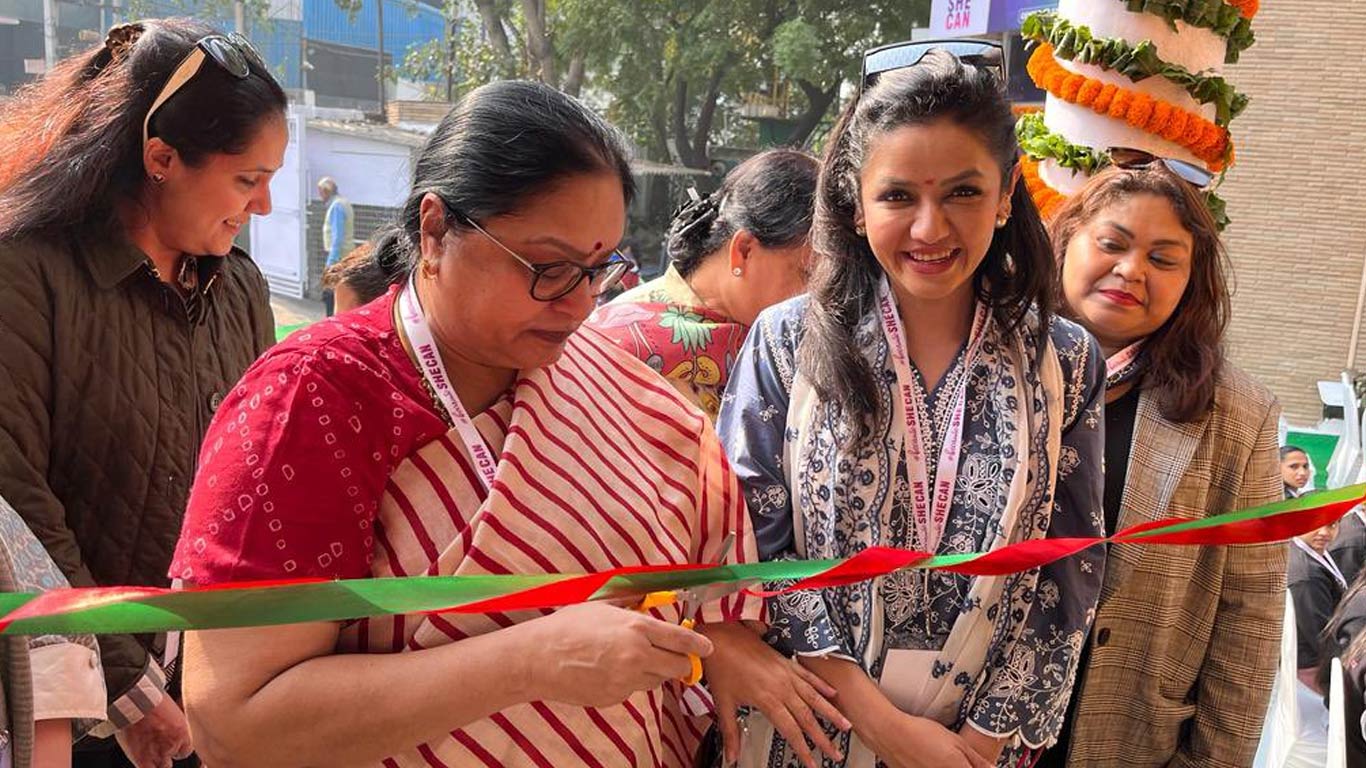
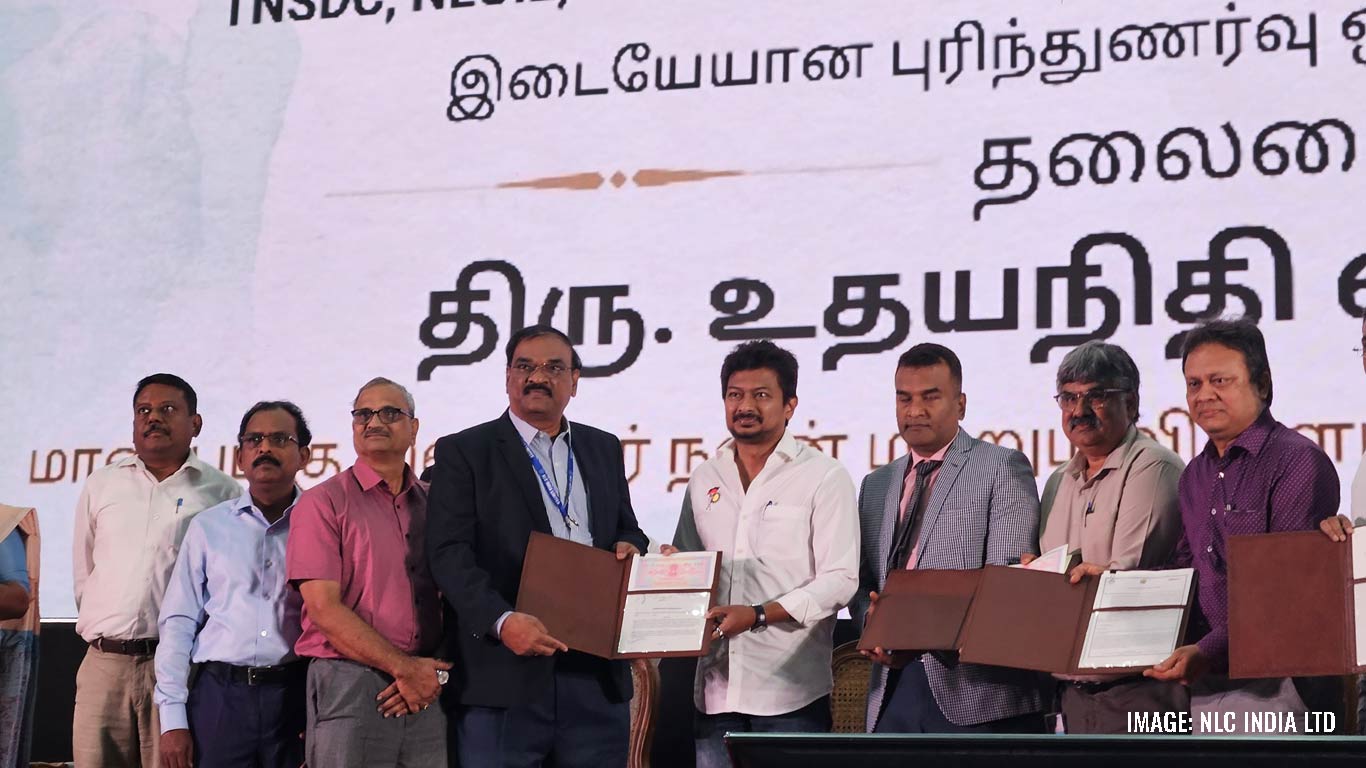
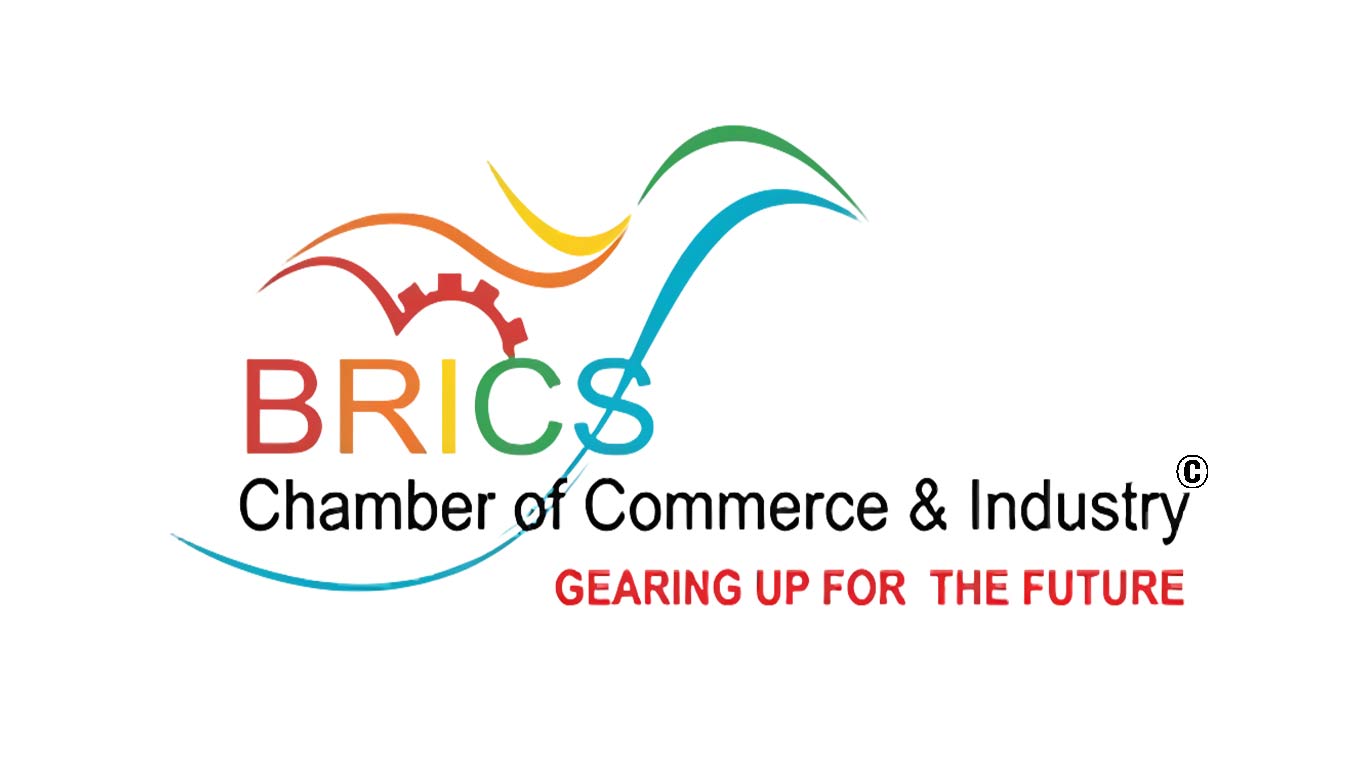
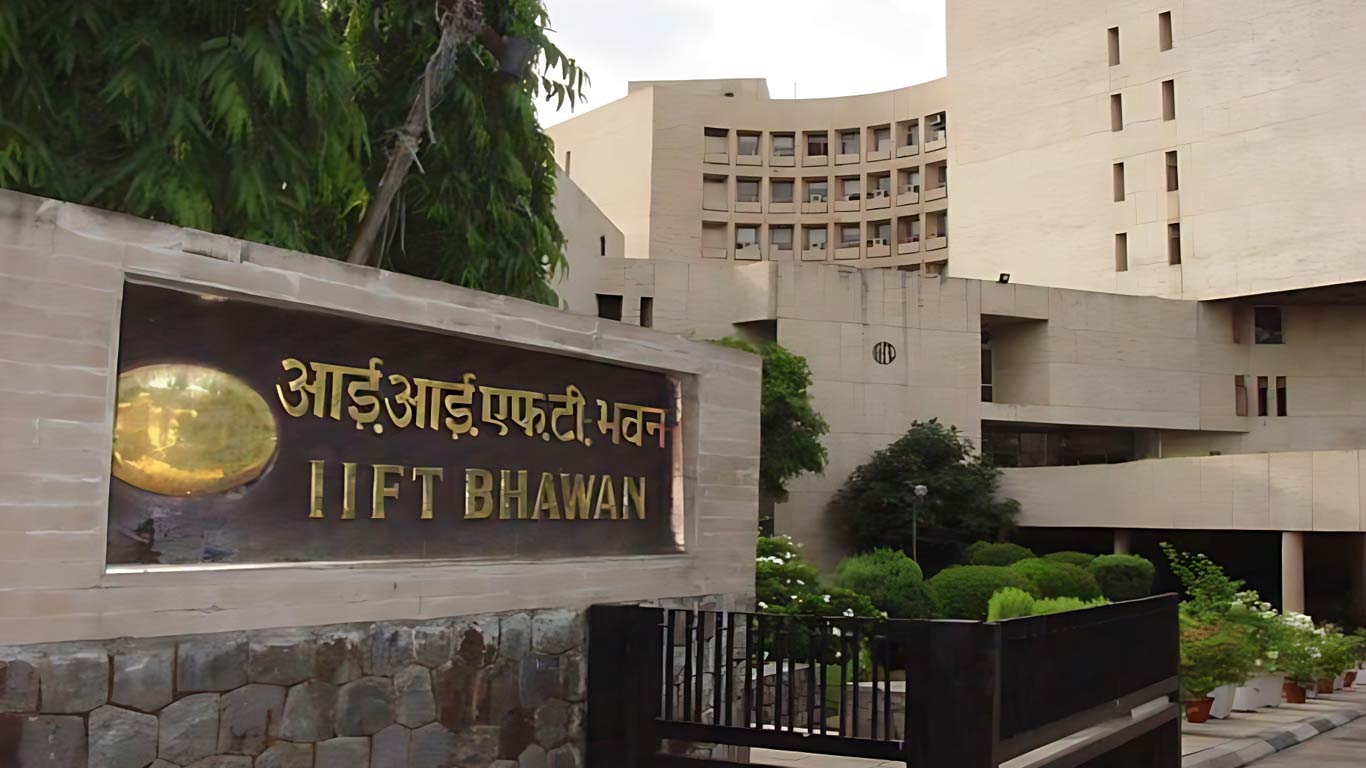
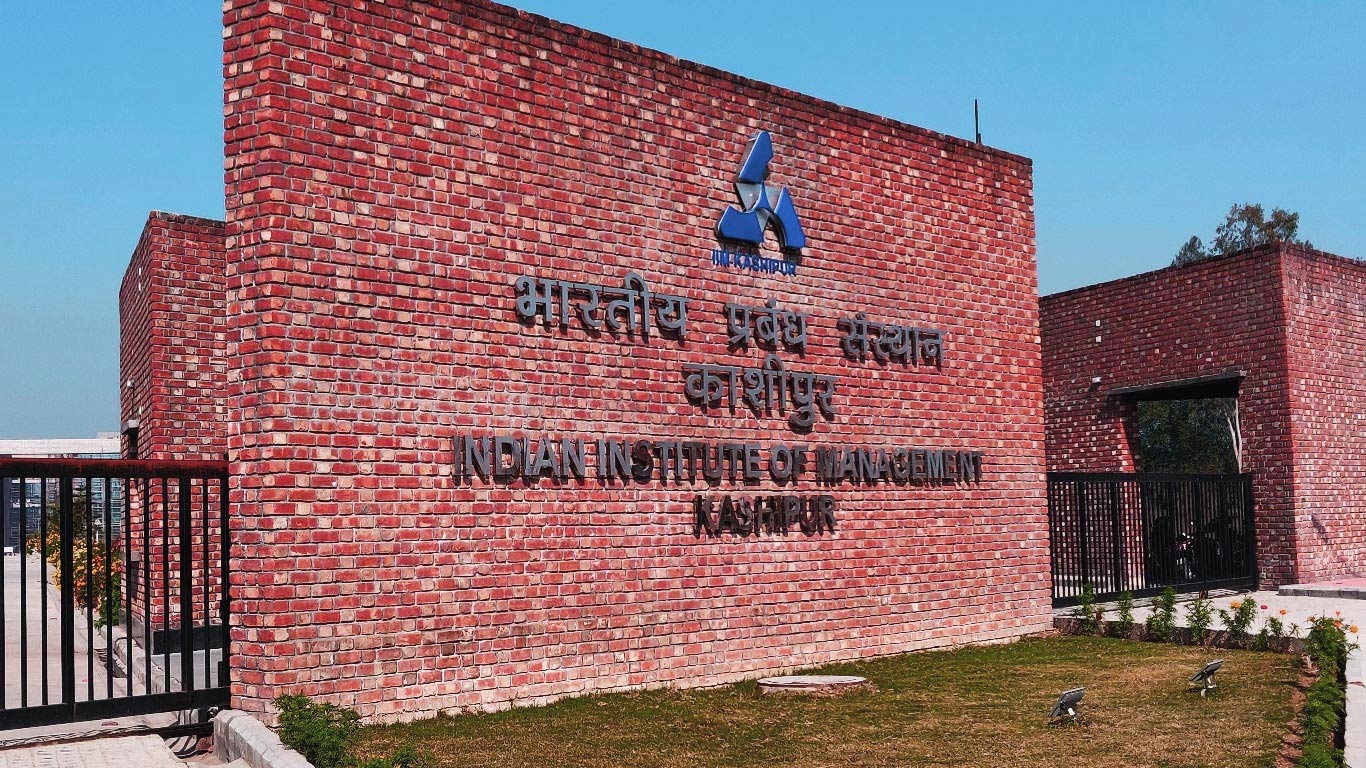





